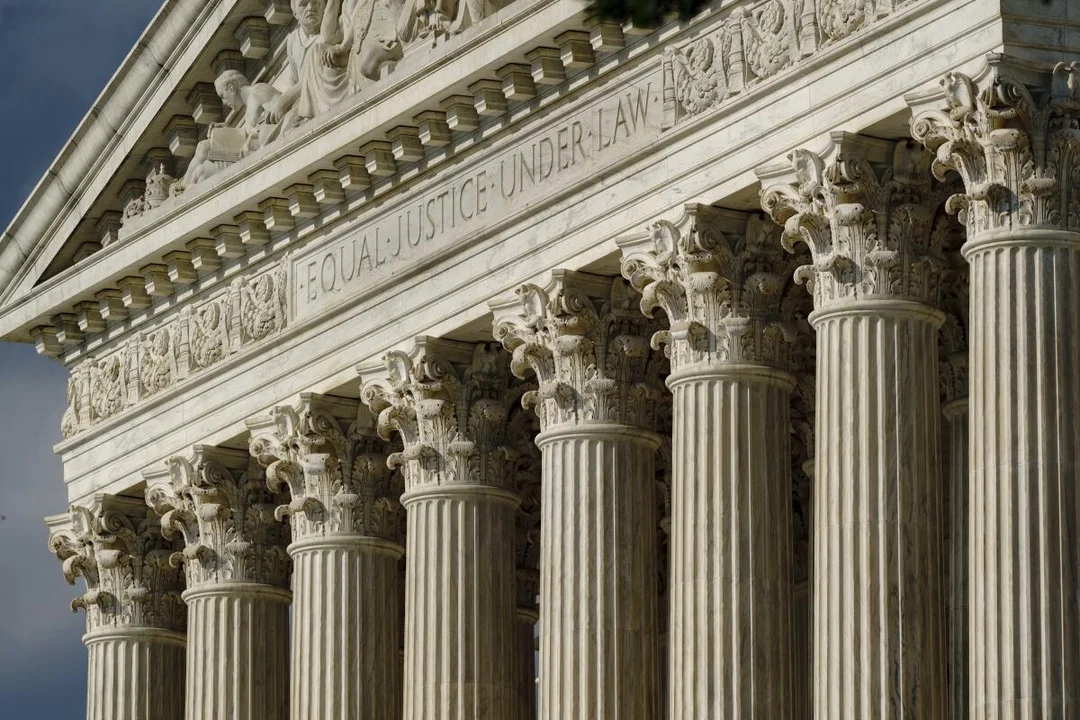
Supreme Court Hears Arguments on Conversion Therapy Bans
In a pivotal session on March 10, 2025, the U.S. Supreme Court delved into the contentious issue of conversion therapy, hearing arguments concerning the legality of bans imposed by several states across the nation. The case has garnered significant attention due to its implications on both public health policies and individual rights.
The session focused on a challenge to state laws that prohibit licensed therapists from engaging in practices aimed at changing an individual's sexual orientation or gender identity. Advocates against conversion therapy argue that it is not only ineffective but also potentially harmful, leading to increased rates of depression, anxiety, and even suicide among those subjected to it. On the other side, supporters of conversion therapy assert that these bans infringe upon their freedom of speech and the right to choose their own therapeutic methods.
During the oral arguments, justices probed both sides with questions about the scientific basis of conversion therapy, the extent of state authority over professional practices, and the balance between protecting public health and upholding constitutional rights. The court's decision, expected later in the year, could set a precedent for how far states can go in regulating mental health practices.
This case has sparked a broader debate on the role of the government in personal health decisions and the rights of minorities, particularly those within the LGBTQ+ community, to be protected from potentially harmful practices. As the nation awaits the Supreme Court's ruling, the outcome is poised to influence future legislative and judicial actions concerning conversion therapy across the United States.